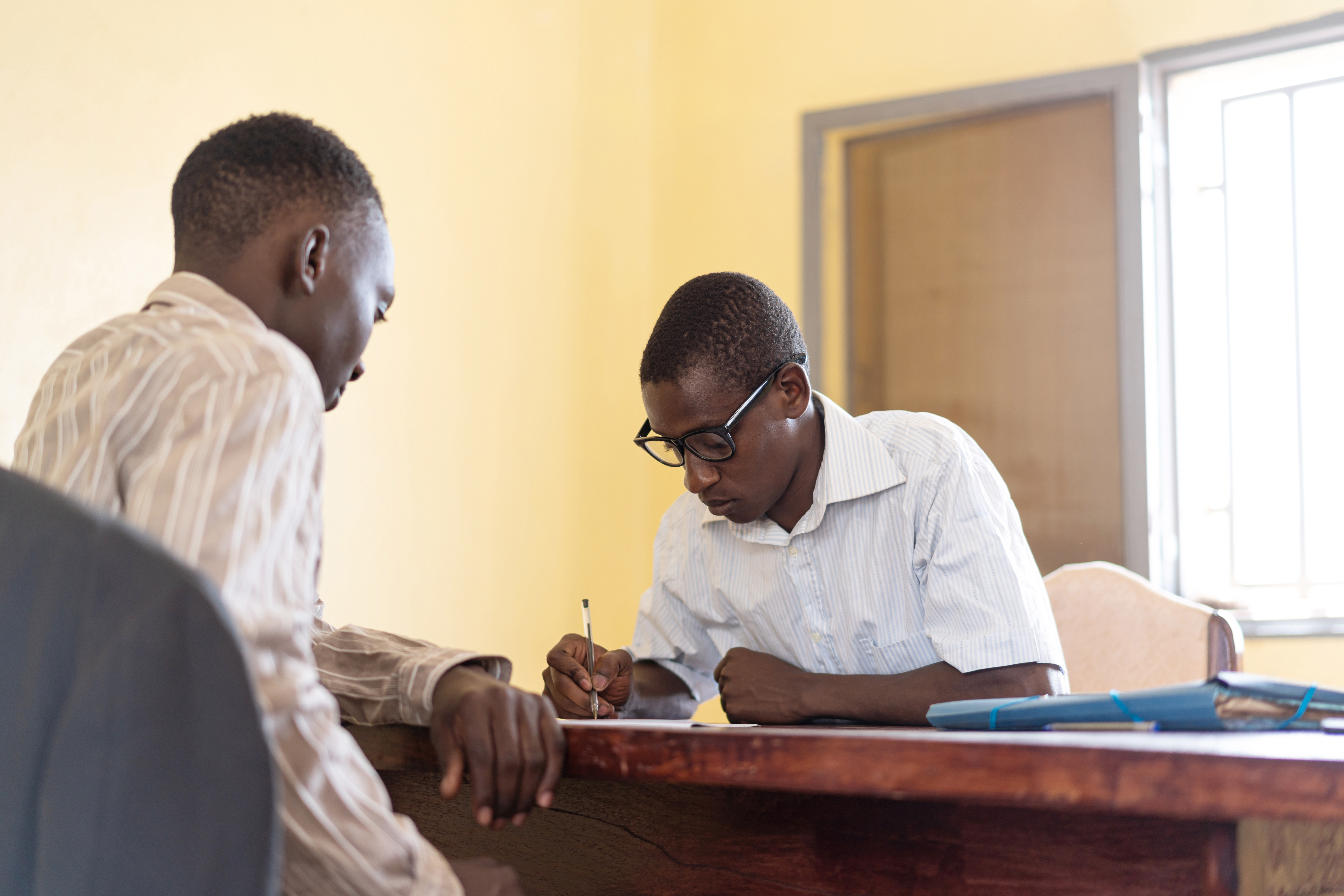Top 4 Lessons from the COVID-19 Response for University and College Vice Chancellors
In this blog, Samuel Agyapong, Evidence, Impact and Learning Manager at Education Sub Saharan Africa (ESSA), highlights findings from ESSA's 'Learning in Crisis' report on the impact of COVID-19 on universities and colleges in sub-Saharan Africa.

As the coronavirus continues, it is becoming increasingly clear that this is a challenge that will be a fixture in our lives for some time to come.
Flexibility and innovation will be the pivotal pillars for many universities and colleges – leaders of these institutions (Vice Chancellors) need to be well informed in order to drive these innovations.
1. Teaching and assessment have fundamentally changed, but infrastructure is struggling to keep up
The first mission of universities and their Vice Chancellors has inevitably been affected by the lockdown, urging institutions to rapidly develop to online formats and methods. This transition has exposed the huge digital divide that exists among the universities, the majority of which do not have adequate infrastructure to deliver entire programs online.
Fionah Umulisa, former ESSA intern and Africa Leadership University graduate, Rwanda:
“Students are being left behind with e-learning, for example the Ministry of Education have put resources on their website, on the radio, and on television, but many students don’t have electricity or can’t afford data. Teachers and students with internet access also need training to use these e-learning platforms.”
2. Universities and colleges can harness the increased visibility and use of research
Sub-Saharan Africa is the region with the lowest research capacity and output in the world. According to Elsevier, currently, the region contributes less than 1 percent to global research. Between 2012 and 2016, the region has greatly increased both the quantity and quality of its research output with the number of academic staff papers grew by almost 43 percent.
John Mugo, Executive Director of Zizi Afrique. Kenya:
“It is thought that the extended closure of education institutions following COVID-19 could worsen inequity in many ways. Scholars on the continent can use this moment to provide solutions through analysis of the situation and publication. Investing in rapid cleaning, anonymisation and publishing of data can be possible, as Africa is not low on statisticians. At the same time, creating fellowships is necessary to incentivize analysis, publication and presentation in conferences to share this knowledge.”
3. Enrolment rates need to be understood and planned for
The temporary migration of face-to-face teaching and learning to online platforms, which could extend beyond what was initially planned, will increase the risk of student dropout, which is already a formidable challenge.
4. The quality of education has dropped, but it must quickly and transparently improve to meet students’ needs
For university and college leaders in most SSA countries, one of the main challenges of the swift transition from face-to-face to delivery to remote teaching and learning is the weakness of quality assurance of such educational delivery. This issue is exacerbated by a general distrust in the quality of remote learning, accompanied with the fact that the regulatory environment is not yet sufficiently aligned with online learning.
Read our report: Learning in Crisis on the COVID-19 pandemic response in sub-Saharan Africa, for the full background research and lessons for both university and college students and faculty/ staff.